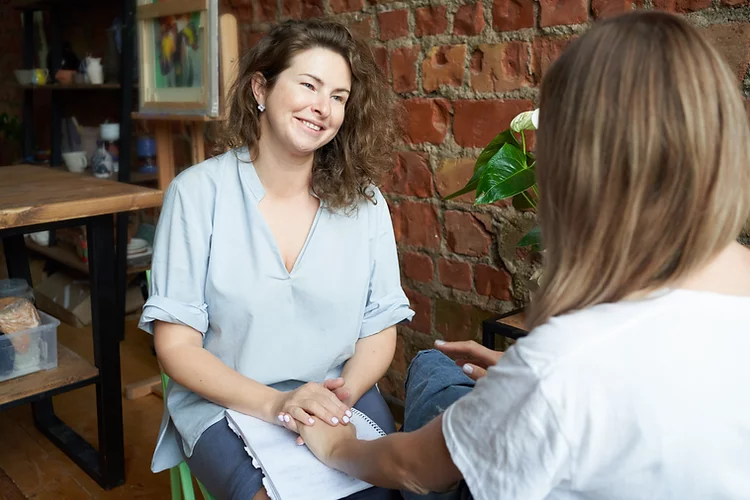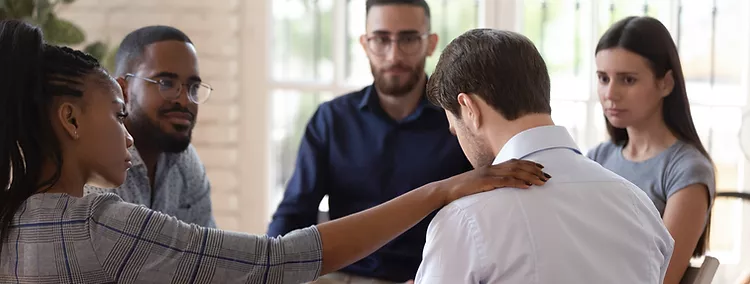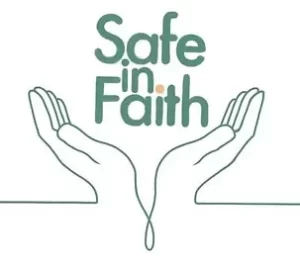“You are not alone.”
Liz, Survivor
“The person who abuses you may take many things from you and at times the darkness can feel so unbearable and lonely, but I always remembered the footprints in the sand – it is through those times that God carried me”
Emily, Survivor
If you sometimes feel afraid of, or controlled by your partner or another family member, you are not alone. The following information could be helpful:
Making a safety plan
If you are still at risk from an unsafe person in your life, it is important to have a safety plan.
You might have a safety plan that helps you to minimize risk so you can carry on living with that person, or you might have a safety plan to help you manage risk until you are able to leave.
Safety plans are different for each person. Some useful questions to help you create a safety plan are:
- What do I need to keep with me at all times?
- Keys, credit card, phone, for example.
- Where would I go in an emergency?
- Where do I need to keep important documents like passports?
You can find more information about creating a safety plan here.

Healing from trauma
Most people think about trauma as a one-off event like an accident which leaves you feeling traumatized. When you have been trapped in an unsafe or difficult situation for a long time, the trauma that you experience can be more complex.
Many domestic abuse survivors don’t realise that they are impacted by trauma.
Trauma can make it difficult to:
- Remember things
- Concentrate
- Sleep
- Regulate your emotions
- Function in other relationships
- Trust other people
- Feel present in the here-and-now
Trauma can also cause nightmares, intrusive memories or flashbacks, dissociation and other things which make everyday life difficult.
Trauma therapies like EMDR or specialized CBT, or trauma–informed counselling or psychotherapy can help you find ways to move forwards with your life

Spiritual support for survivors
Sometimes it is helpful for survivors of domestic abuse to be able to talk about their experiences with someone who understands the ways in which their faith has impacted their experiences of abuse.
This might include:
- Exploring ways in which your faith is a source of strength and help in difficult times
- Understanding and healing from spiritual abuse
- Exploring spiritual ideas like forgiveness or the path God chooses for you
Not all faith leaders understand abuse, and sometimes some can give guidance which is unhelpful for survivors. You do not have to follow the guidance of faith leaders which might lead to further abuse.
If a faith leader pressures you to return to an unsafe situation or to forgive someone who is harming you, then you should seek advice somewhere else.
Safe in Faith is developing directories of faith informed counsellors and psychotherapists and trauma informed clergy who can support you.

Useful links
The following resources might have useful information for you

“You can write a new better chapter to your life – start now.”
Rachel, Survivor
“God does not ask us to stay in unsafe space.”
Mary, Survivor
“Holding onto my belief that Allah is loving and merciful, is the only thing that set me free and helped me heal, it’s the blessing I will never let go of for anyone.”
Maya, Survivor
“Can you live like this for another 30 years? You are not breaking the family apart – the family is already broken. Your children will benefit from a strong mother who is no longer with her abusive husband. They will be more harmed in the long run after your complete physical and mental destruction if you stay. Don’t waste years waiting for him to change – write the new chapter of your life now.”
Rachel, Survivor
“When a man abuses you, you may be trapped in that relationship, but you can have moments when you can hate him, to his core and wish he would die. But when that man makes you believe that God is the one who sent HIM to punish you, it is a level of absolute control which no human can break. It’s like living in actual hell with no timeline and no end. Till one day, by the grace of God, you are saved and awoken to the brainwashing, which stole the love of God away from you along with everything else.”
Maya, Survivor
“I felt ashamed of my sexuality- that people would think I was weird or different. Whatever your fear is, whether it is about being treated differently because of your sexuality or gender identity, or any other area, I encourage you to take that vital step to secure your safety and your freedom.”
Cathy, Survivor
“Not ready to be outed as a lesbian, my terror and sense of entrapment were compounded by fear of rejection due to prejudice. My fears were unfounded. Every day since the moment I escaped has been marked by the gift of freedom.”
Mary, Survivor


